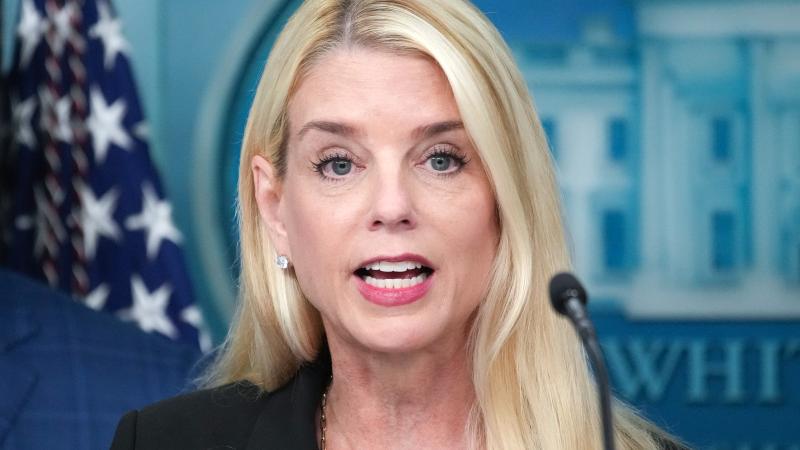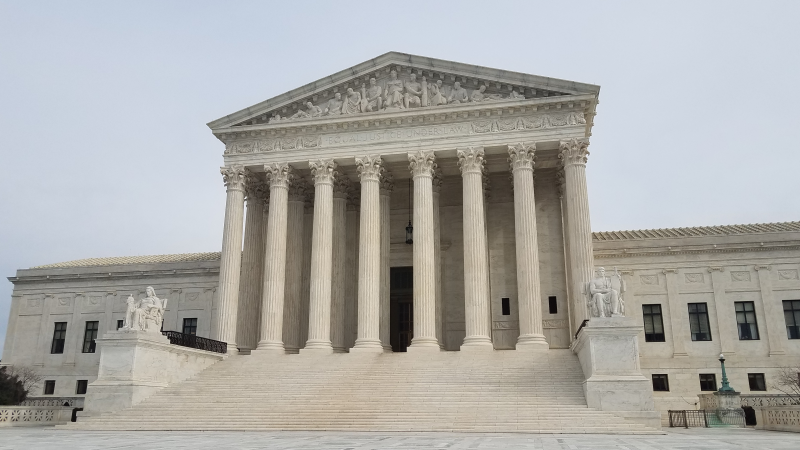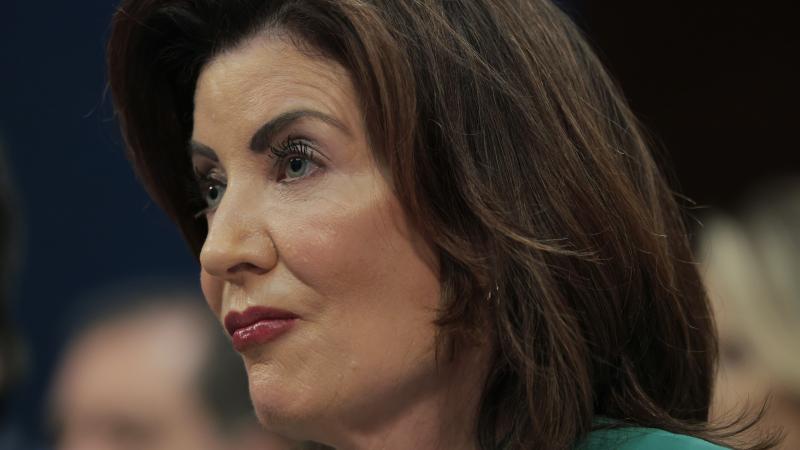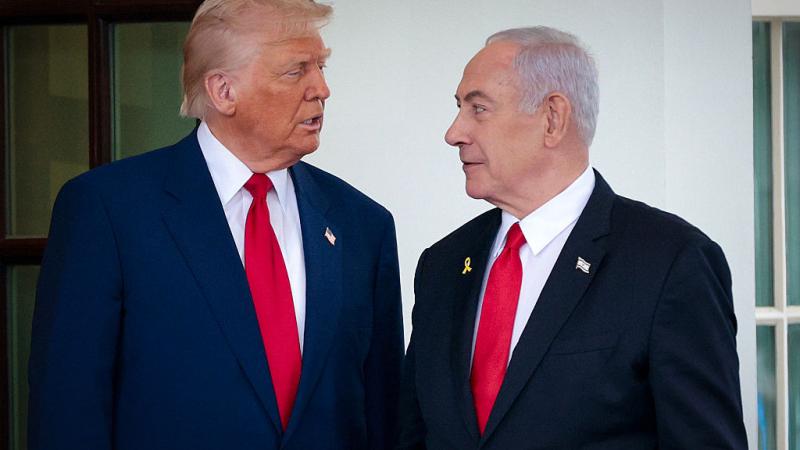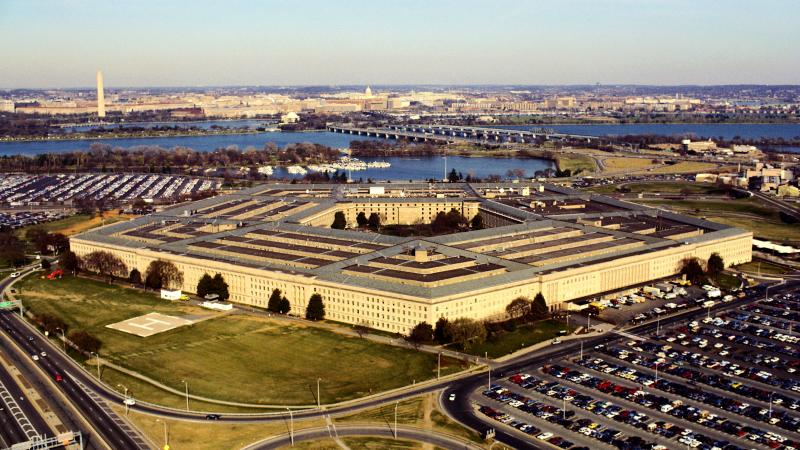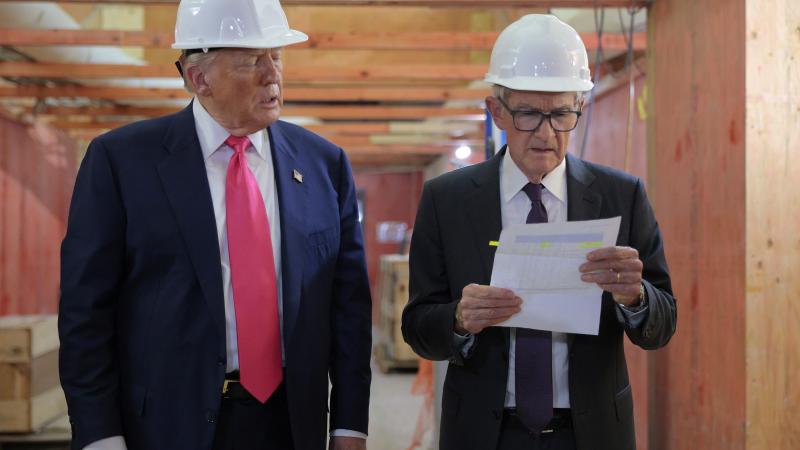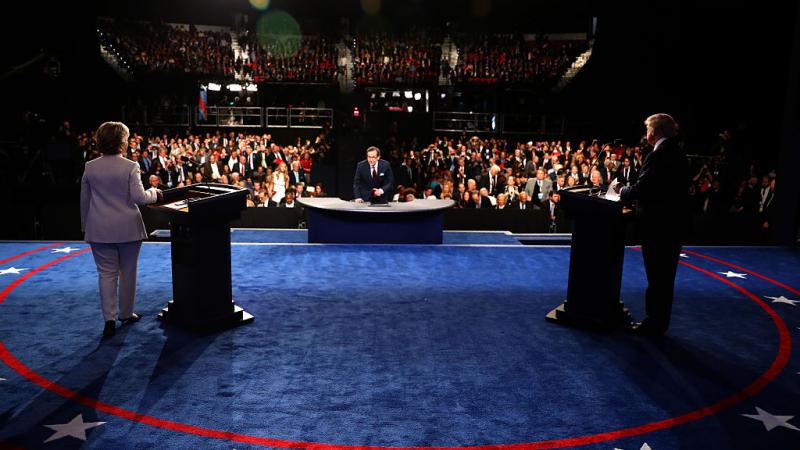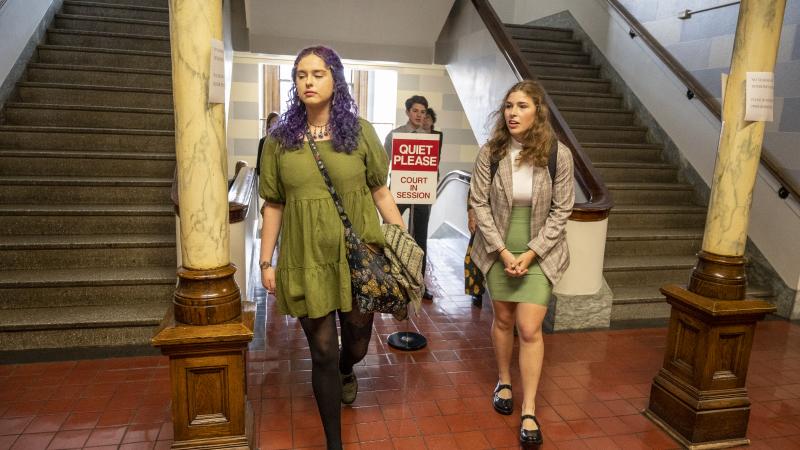NASA to announce plans to put nuclear reactor on moon: report
The directive orders NASA to solicit industry proposals for a 100-kilowatt nuclear reactor to launch by 2030
Transportation Secretary Sean Duffy, who is also the interim NASA administrator, will announce this week expedited plans to put a nuclear reactor on the moon, according to a news report Tuesday.
While NASA has discussed building a nuclear reactor on the moon, this would set a more definitive timeline, according to documents obtained by POLITICO.
“It is about winning the second space race,” a NASA senior official told the news outlet on the condition of anonymity.
The directive orders NASA to solicit industry proposals for a 100-kilowatt nuclear reactor to launch by 2030, a high priority for returning astronauts to the moon. Previously, NASA funded research into a 40-kilowatt reactor for use on the moon, with plans for a reactor to be ready for launch by the early 2030s.
The first country to have a nuclear reactor on the moon could “declare a keep-out zone which would significantly inhibit the United States,” according to the directive, implying NASA's concern about a joint project launched by China and Russia.
NASA will also have to designate someone to lead the effort and get industry input within 60 days, per the directive. The agency is looking for companies that are able to launch a nuclear reactor by 2030, which is around the time China intends to land its first astronaut on the moon.
Another directive Duffy offered focuses on replacing the International Space Station more quickly. This directive, along with the one for the nuclear reactor, could help accelerate efforts by the U.S. to go to the moon and Mars, which China is also attempting.
The directive for the space station would be to replace the aging and leaking ISS with other stations that are run commercially.
NASA is looking to award a contract to at least two companies within six months of its request for proposals, with officials hoping to have a new station in place by 2030. If not, then China would be the only country to have a permanently crewed space station in orbit.
Axiom Space, Blue Origin, and Vast are seeking to meet the space station demand. However, in recent months, lawmakers have raised concerns about NASA moving too slowly to receive the needed funds.
